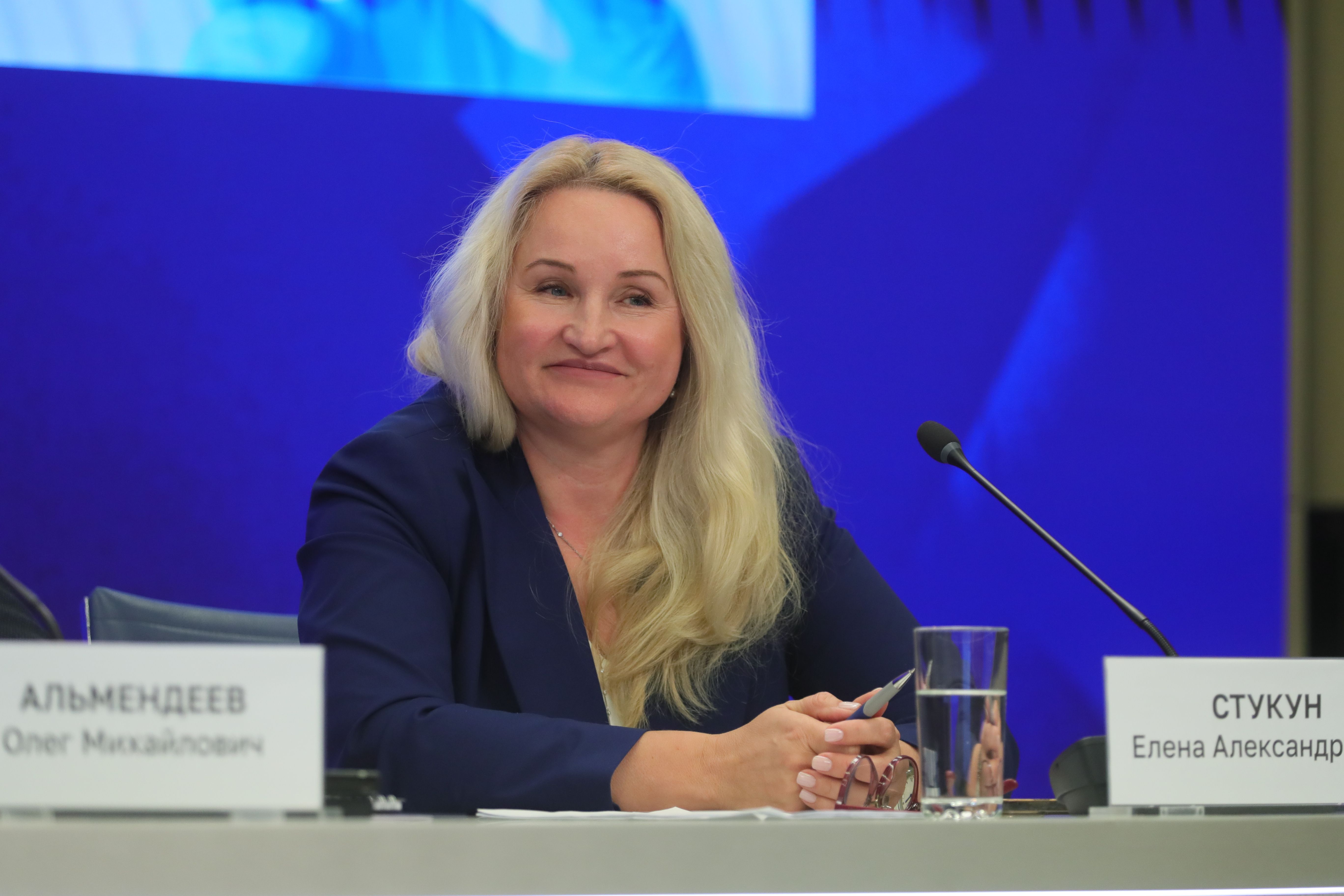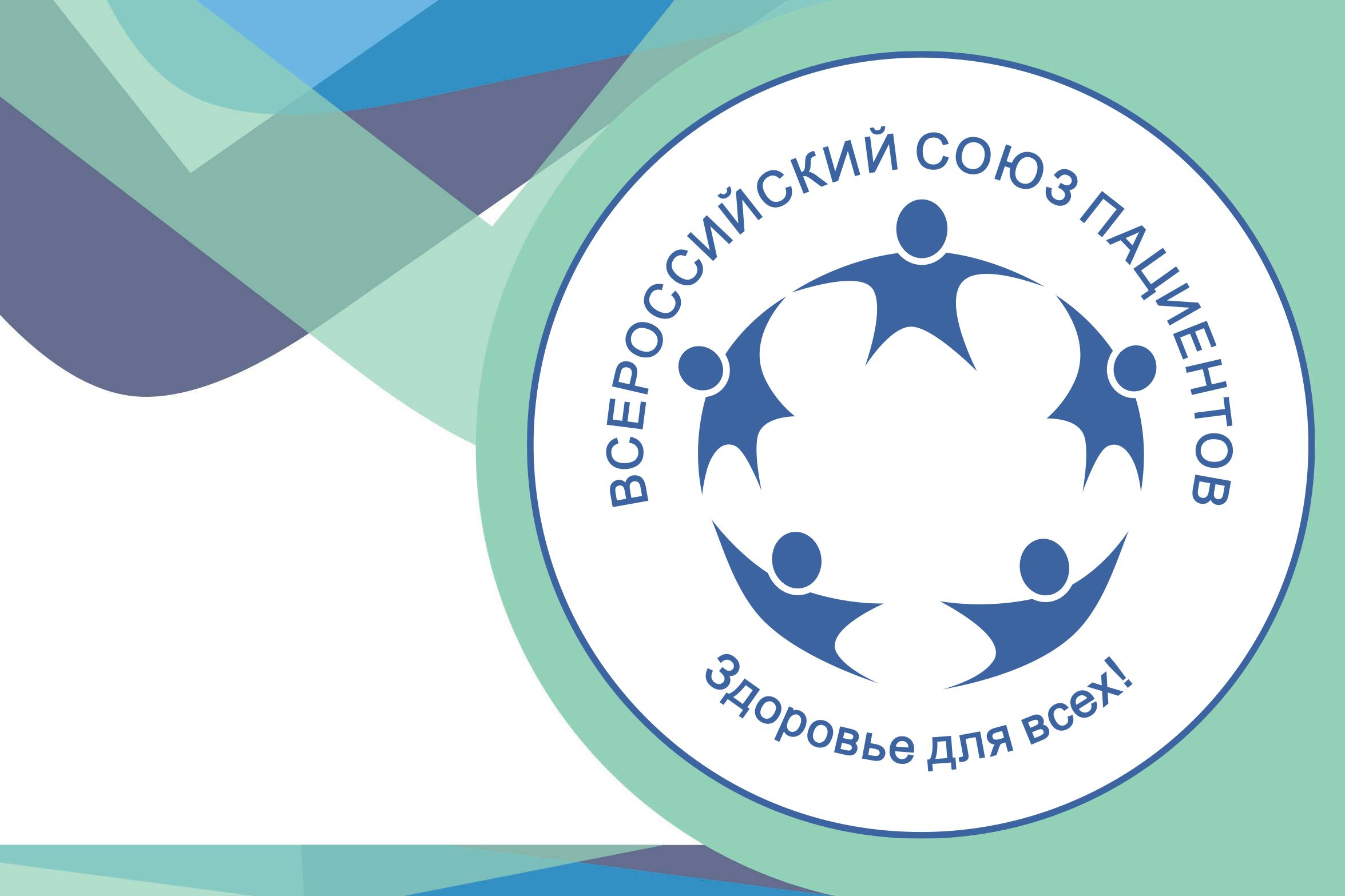The V Expert Forum on Vaccine Prophylaxis held a roundtable discussion on the country's infectious security. The participants discussed the prospects for the development of the National Vaccination Calendar (NVCC). Experts agreed that funding for the NVC should be increased and a more effective model for supporting vaccine development and production should be implemented.
Yan Vlasov, Co-Chairman of the All-Russian Patients' Union, member of the Human Rights Council under the President of the Russian Federation:
– Since 2015, we have been pushing for the introduction of at least five vaccines into the NVC, including the one against meningococcal disease, whose incidence is increasing due to migration flows, declining global vaccination coverage and growing ‘anti-vaxxer’ sentiment. Outbreaks are recorded every year, and this is a reflection of social problems. We are again raising the issue of the need to amend Law 157-FZ to legalise the inclusion of the meningococcal vaccine. The deadline for implementation has already been postponed three times, and these are human lives. Treatment of a child after a meningococcal infection costs tens of millions of roubles, whereas vaccination is much cheaper.
Elena Stukun, Deputy General Director of Nanolek: – Synchronised work between the government, industry and the medical community is required. The production of vaccines from the development stage takes a long time and requires large resources. Vaccines are a unique group of medicines that are produced for specific orders and in specific volumes. Therefore, it is extremely important that the regulatory authorities follow the plans and tasks that they set, including for manufacturers, without pushing back the deadlines set out in the Strategy for the Development of Immunoprophylaxis of Infectious Diseases. "Nanolek is currently working on three vaccines that are included in the Strategy - for the prevention of diseases caused by meningococcal infection, varicella zoster virus and human papilloma virus (HPV).


